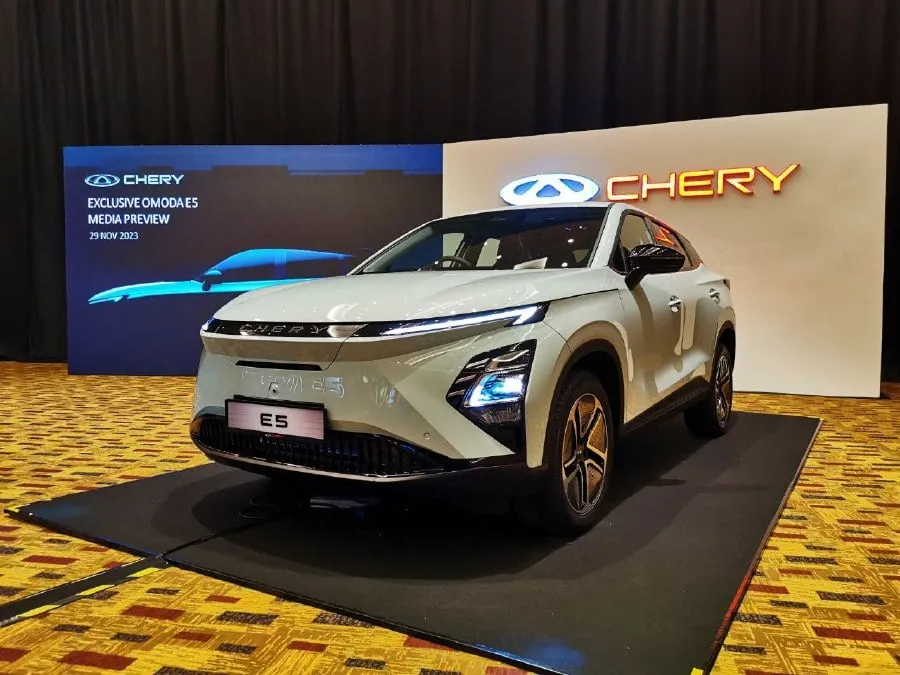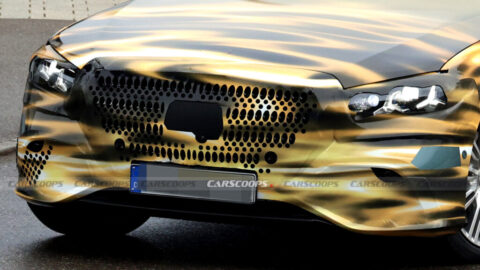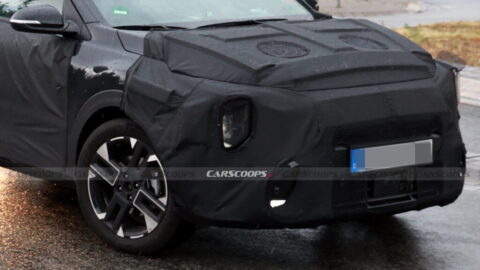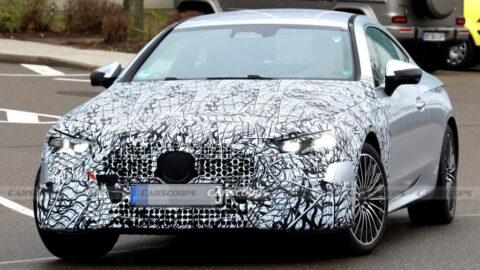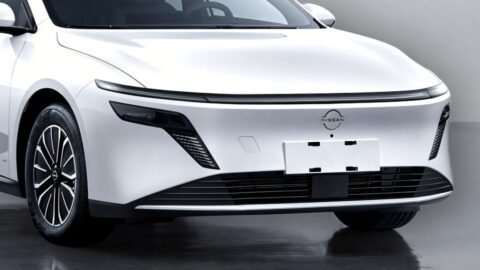June 23, 2025 — Kuala Lumpur:
Chery Malaysia is facing mounting criticism over alleged false advertising related to the electric range of its fast-selling Omoda E5 SUV, just weeks after announcing a 163.6% surge in sales for May, with 116 units sold. While the brand has been celebrating its rising popularity in Malaysia’s competitive EV market, a wave of customer complaints has cast a shadow over its success.
The controversy began on X (formerly Twitter), where EV watchdog account @EVTruthMY accused Chery of exaggerating the Omoda E5’s claimed 430 km range, citing multiple reports from early adopters who were achieving real-world figures closer to 300 km per charge. These claims ignited a firestorm of debate online, with many questioning whether the advertised numbers were based on ideal lab conditions rather than realistic daily use.
One frustrated owner posted, “I drive moderately, mostly city routes with minimal air-con, and I’m barely getting 290 km. That’s a huge gap from 430 km. I feel misled.”
The backlash comes at a critical time, as Malaysian consumers rush to purchase electric vehicles before the 2025 EV tax exemption deadline expires. Many argue that transparency is more crucial than ever, with government incentives pushing consumers to make long-term investments based on claimed performance data.
In response, Chery Malaysia issued a public statement, denying any wrongdoing and attributing the discrepancies to “variable real-world driving conditions,” including traffic congestion, terrain, usage of air-conditioning, and driver habits. However, the explanation did little to appease angry consumers, who interpreted it as deflection rather than accountability.
Consumer advocacy groups, including the Federation of Malaysian Consumers Associations (FOMCA), have since called on the Ministry of Domestic Trade and Cost of Living to open a formal investigation into Chery’s marketing practices. They argue that if proven, the misleading range claims could constitute a violation of consumer protection laws, particularly under false or deceptive advertising statutes.
Experts say this case could have broader implications for the local EV industry. “There is a growing gap between test-cycle results and actual user experience, and automakers must clearly communicate that distinction,” said auto analyst Darren Khoo. “Otherwise, they risk losing public trust — not just in their brand, but in electric vehicles altogether.”
Chery’s Omoda E5 has been a key player in the brand’s rebranding push in Southeast Asia, offering a stylish design and competitive pricing. But with confidence shaken, the company may now face an uphill battle to maintain consumer goodwill.
As scrutiny grows, all eyes are on regulatory bodies to determine whether truth in advertising will be upheld — or if this will become yet another cautionary tale in the fast-evolving EV landscape.













